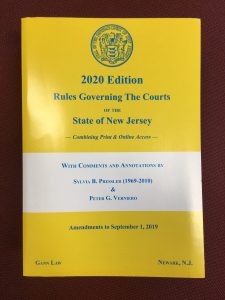Life has taken an unexpected left turn over the course of the last few weeks. Many have become  unemployed Those lucky enough to be working may have received a cut in pay or be working reduced hours. Apart from the financial impact of the current pandemic there are social losses as well. Most work places are closed, forcing those still employed to work from home. Twenty first century life is dynamic. We are not a country of couch potatoes; our kids have lessons, sports and activities. Most household have two working partners. The point is that COVID-19 has brought us closer together in close quarters for longer periods of time than usual.
unemployed Those lucky enough to be working may have received a cut in pay or be working reduced hours. Apart from the financial impact of the current pandemic there are social losses as well. Most work places are closed, forcing those still employed to work from home. Twenty first century life is dynamic. We are not a country of couch potatoes; our kids have lessons, sports and activities. Most household have two working partners. The point is that COVID-19 has brought us closer together in close quarters for longer periods of time than usual.
Citizens are directed to shelter in place in New Jersey but, unfortunately, not everyone is safe in the household where they are to “shelter”. The “rat theory” posits that if you put too many people together in too small a space for too long a period of time, tempers are likely to combust. If your marriage was going through a difficult period before this pandemic, the stress of lost or reduced wages and close proximity may be catalyst for argument and possible violence.
If your spouse has been violent in the past or if there is pent up anger, rage or fear in your household, you certainly you need to be prepared to deal with the possibly of a violent incident. Let’s be honest: tempers are more raw when the release valves fail and now there is a far greater difficulty in finding neutral territory. You, also on edge, may have fewer coping mechanisms to deflect incoming domestic attacks.
 New Jersey Divorce and Family Lawyer Blog
New Jersey Divorce and Family Lawyer Blog

















